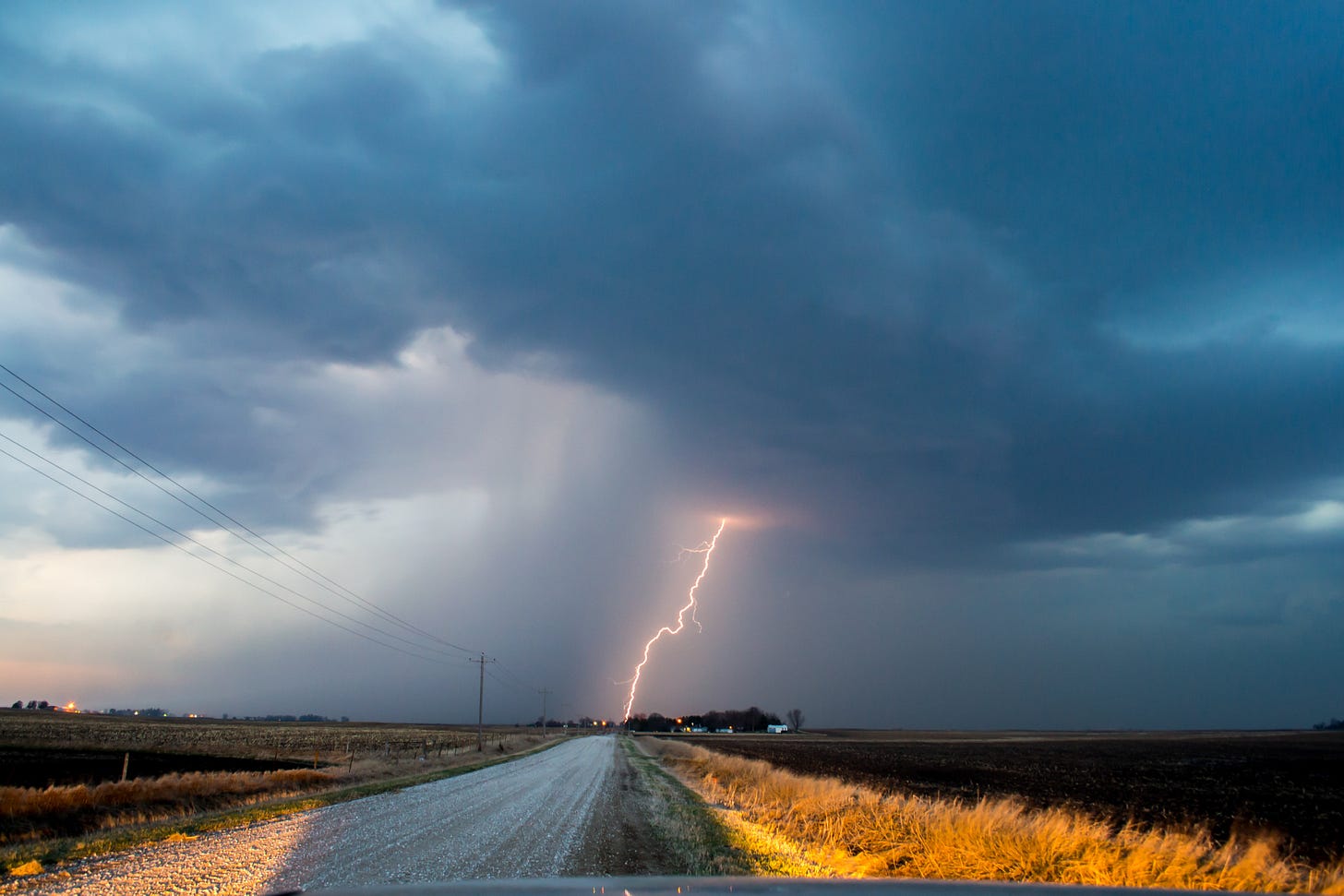New CDP Data Shows Companies Not Moving Fast Enough on Climate Transition Plans
More than 4000 (out of 18,600) companies last year disclosed they had a climate transition plan, but only 81 (0.4%) demonstrated best practice by disclosing against all 21 key indicators that denote a credible climate transition plan.
In its latest report, CDP, the world’s environmental disclosure platform, analysed the disclosure from the 18,600+ companies across 13 industries in 135 countries.
CDP’s report shows the majority of disclosing companies don’t have a credible plan to transition to net-zero. This adds more urgency to UN Secretary General António Guterres’ call at Davos for ‘full engagement of the private sector’ as the world heads to a level of global warming of 2.8-degrees, considerably higher than the 1.5-degree target.
The new report highlights that there is progress (albeit slow) from companies as 2,300 (13%) disclosed to between 14 and 20 key indicators, demonstrating they are on their way to disclosing a credible climate transition plan, and 6,520 (35% of total companies that disclosed) reported they will develop a transition plan within two years.
A climate transition plan is a time-bound action plan that outlines how a company will achieve its strategy to align its assets, operations, and entire business model with the latest and most ambitious climate science recommendations. They are vital for companies to remain on track and demonstrate to capital markets and consumers how they will reach net zero.
Credible disclosure across the eight core elements that make up a credible climate transition plan was varied; more than a third of companies disclosed sufficiently on risks and opportunities, and 24% of disclosing companies had governance structures in place to manage climate transition plans, however, only 3% of companies provided relevant, forward-looking financial details to support a climate transition and only 7% disclosed a sufficient strategy to achieve net-zero.
The report shows that companies are behind in climate action as well as preparedness and are underprepared for the wave of incoming regulation from the European Union and bodies such as the UK Transition Plan Taskforce (UK TPT) and Securities Exchange commissions (SEC). This lack of preparedness could open them up to multiple risks including litigation.
Companies in power generation and infrastructure industries were most likely to disclose to all key indicators, though numbers there are small as well. The apparel, fossil fuel, and hospitality industries had the poorest disclosure with only one organization in each disclosing to all key indicators of a credible climate transition plan.
“The need for companies to develop a credible climate transition plan is not an additional element but an essential part of any future planning. Companies must evidence they are forward planning in order for us to avert the worst impacts of climate change and to send the correct signals to capital markets, that they will remain profitable,” said Amir Sokolowski, Global Director, Climate at CDP.
“Tracking corporate disclosure against transition related indicators is essential to ensure companies are kept accountable to the targets and plans they set. Whilst overall disclosure of credible climate transition plans is low it is encouraging to see more companies recognizing the relevance of a climate transition plan and start their journey towards developing one”
#climatetransition #globalwarming





